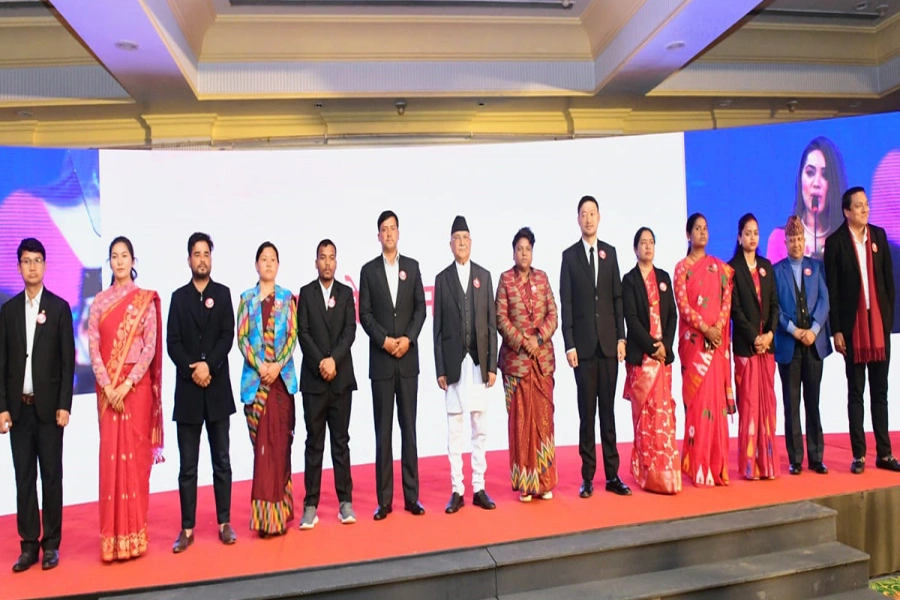KATHMANDU, Jan 5: Nepal Rastra Bank (NRB) has turned stern against the payment service operators (PSOs) and payment service providers (PSPs), increasing the thresholds of paid-up capital and service charges for the companies by notable amounts.
Enforcing the ‘Permit Policy for Institutions Working on Payment 2023,’ on Thursday, the NRB raised the paid up capital requirements of the PSOs and PSPs by multifolds. In the new rule now, the PSPs offering operation of equipment, except the payment cards, are required to increase their capital to Rs 50 million from the existing Rs 10 million.
Likewise, the PSOs will have to increase their working capital to Rs 400 million, 10 times more than the existing threshold of Rs 40 million. The PSOs working to settle payments abroad by utilizing the payment equipment issued by the government are required to increase their paid up capital to Rs 800 million from the present Rs 250 million.
NRB makes wallet companies accountable for tracking doubtful tr...

Similarly, the central bank has also increased the license fee for both types of companies. The PSPs and PSOs will have to pay Rs 100,000 and Rs 600,000, respectively. The fee earlier was just Rs 25,000. Such firms have been asked to invite a maximum of up to 15 percent of their paid up capital as investment from foreign companies.
The promoters of such firms cannot sell their shares for up to five years. However, the condition will not be applied if these firms go for a merger or look for introducing advanced technologies in their systems.
Any elected official at any of the three-tier governments and the board members of banks and financial institutions cannot assume any position in these payment system related companies.
In case the PSPs and PSOs are operated by foreign firms working in more than 10 countries, they will be given discounts in paid-up capital requirements, application fees and deposit requirements, among others.
There are 10 PSOs and 27 PSPs operating across the country.



































